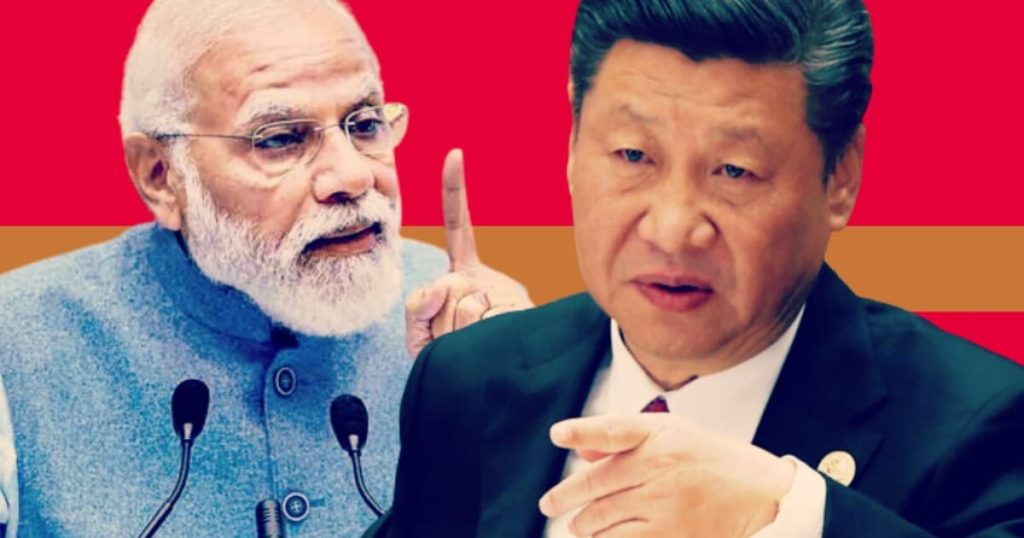As the BRICS summit in Kazan, Russia kicks off, two of the organization’s leading players announced a deal that should much improve their bilateral relations.
Chinese officials have confirmed today (22) that it had reached a deal with India over their disputed frontier.
The Chinese side did not elaborate on whether the pact covered the entire length of the border or just the hotspots where the two countries have been involved in a tense standoff since 2020.
Reuters reported:
“Relations between the world’s two most populous nations have been strained since clashes between their troops on the largely undemarcated frontier in the western Himalayas’ Ladakh region four years ago left 20 Indian and four Chinese soldiers dead.”
The BRICS partner rivals have reportedly reached an agreement on patrolling the border, signaling an end to the military standoff.
“China and India recently have maintained close communication on issues related to the China-India border through diplomatic and military channels’, a Chinese foreign ministry spokesperson said on Tuesday.
‘At present, the two sides have reached a solution to the relevant issues, which China views positively’, Lin Jian told a regular press briefing.”
China expects to work with the Indian side to implement the pact.
Watch: footage of previous border clashes with India in 2021 on the shores of Pangong Lake.
How two nuclear powers fight:
Chinese sources have released footage of previous border clashes with India in 2021 on the shores of Pangong Co aka Pangong Lake.
Both sides have an agreement not to use firearms in border clashes. Sticks and stones were in use pic.twitter.com/X4ussdYlfP
— S p r i n t e r (@SprinterFamily) May 15, 2024
Associated Press reported:
“[Indian] Foreign Secretary Vikram Misri said the pact is to lead to the ‘disengagement’ of troops at the Line of Actual Control, the long Himalayan border shared by the two Asian giants. Misri did not specify whether it means the withdrawal of the tens of thousands of additional troops stationed by the two countries along their disputed border in northern Ladakh region, after their armies clashed in 2020.”
The Indian announcement of the deal – or pact – has been made on the eve of Prime Minister Narendra Modi’s visit to Russia for the BRICS summit that gathers both India and China.
Modi will reportedly hold talks with Chinese President Xi Jinping on the sidelines of the event.
In the mountainous area between the two giants, each side has stationed tens of thousands of military personnel backed by artillery, tanks and fighter jets.
“The Line of Actual Control, or LAC, separates Chinese and Indian-held territories from Ladakh in the west to India’s eastern state of Arunachal Pradesh, which China claims in its entirety.”
While India and China have already withdrawn troops from some border areas, they continue to maintain extra troops in reserve.
“India and China fought a war over their border in 1962. The Line of Actual Control divides the areas of physical control rather than territorial claims. According to India, the de facto border is 3,488 kilometers (2,167 miles) long, but China claims a considerably shorter figure.
India’s foreign minister, Subrahmanyam Jaishankar, said the pact is ‘a product of very patient and very persevering diplomacy’ and that it will resume military patrolling the way it was before the 2020 clash.
‘Hopefully, we will be able to come back to peace and tranquility. And that was our major concern, because we always said that if you disturb peace and tranquility, how do you expect the rest of the relationship to go forward’, Jaishankar told Indian news channel NDTV.”
Read more:
The post As the BRICS Summit Begins, India and China Announce a Deal Ending the Military Standoff Over Their Disputed Frontier appeared first on The Gateway Pundit.






